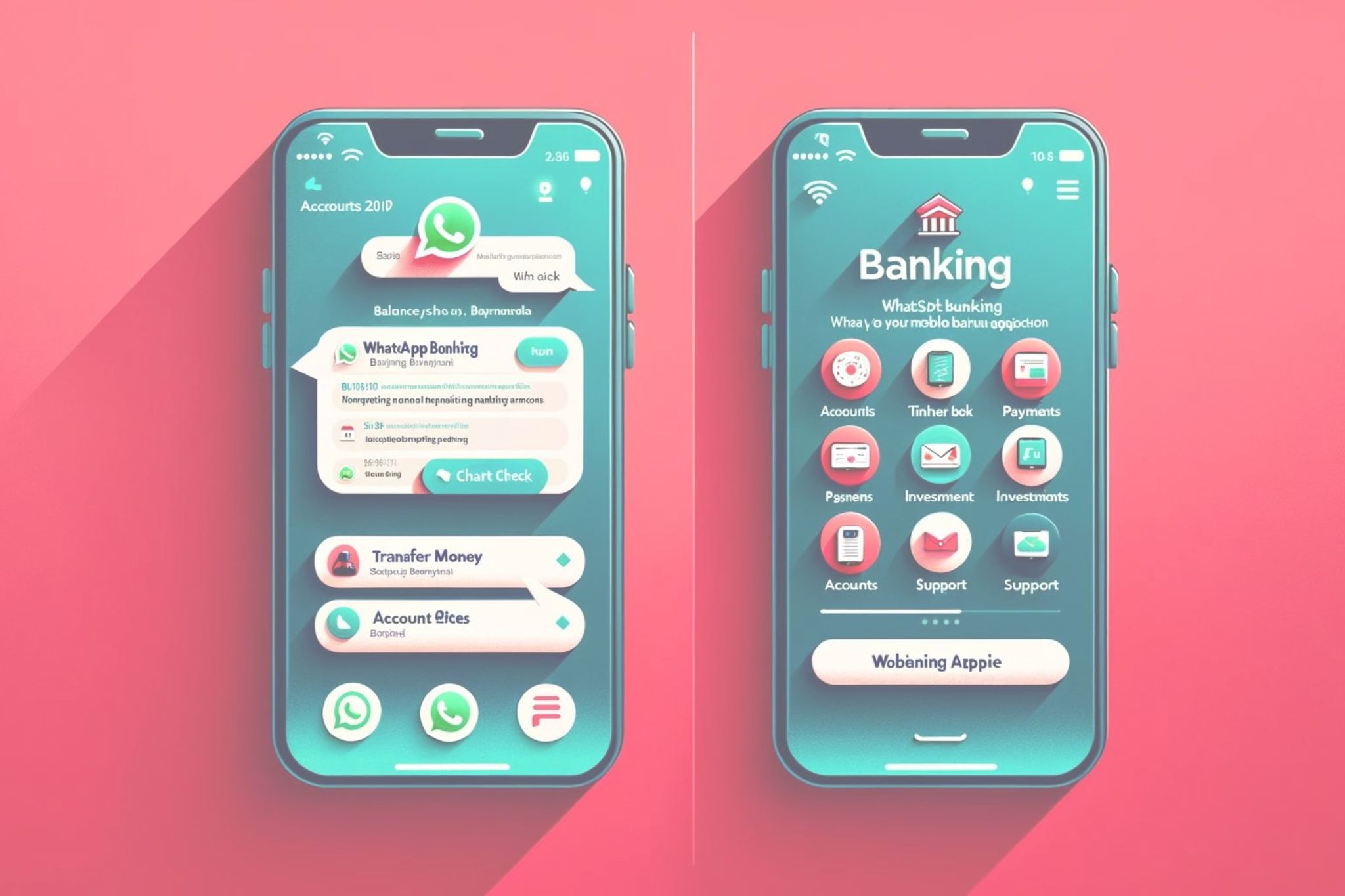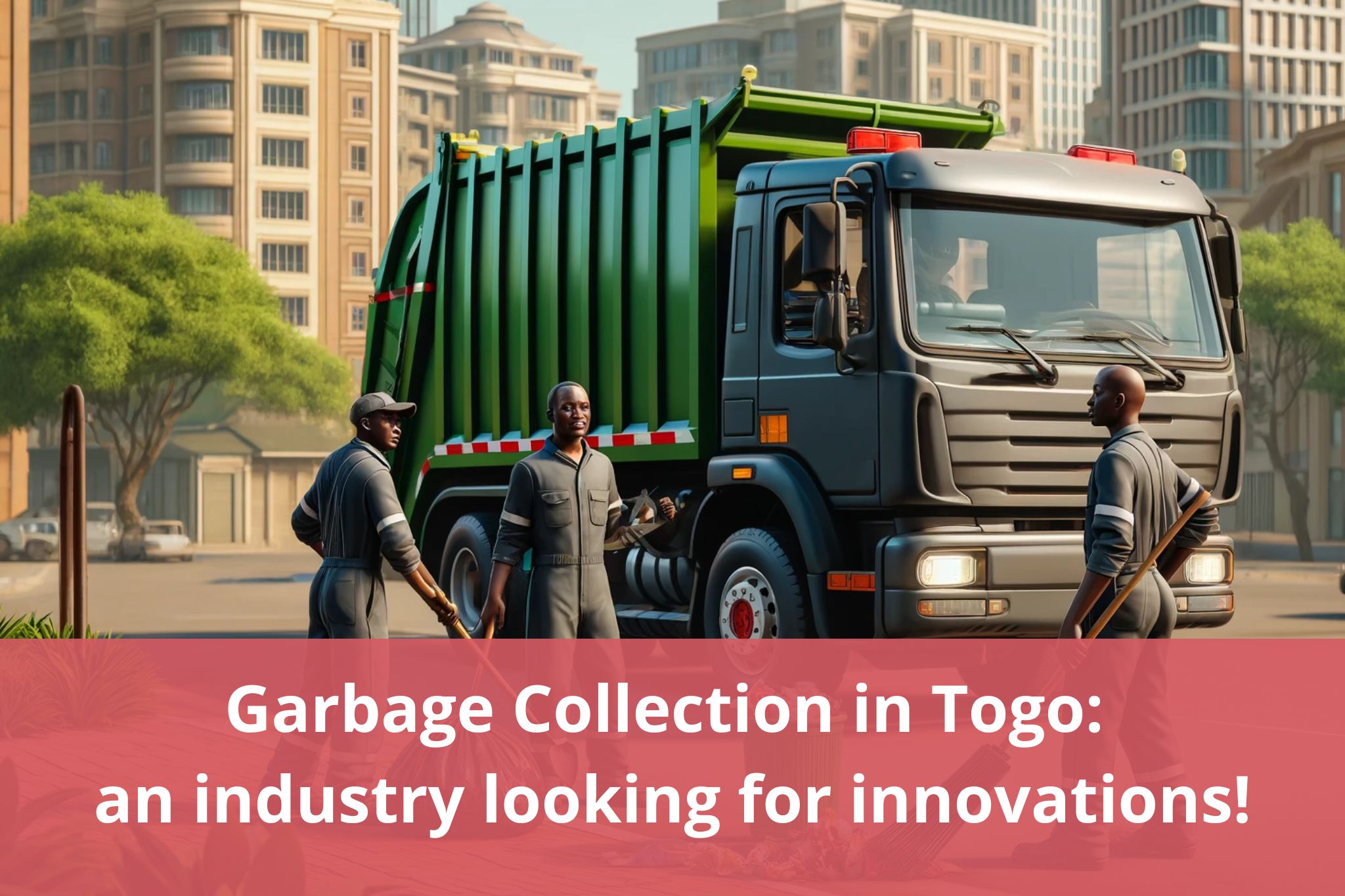Africa is experiencing a radical transformation in urban mobility, driven by the emergence of ride-hailing services such as Gozem, Bolt, Yango, and Uber. These platforms are not only redefining how Africans move but also creating new economic opportunities. This exploration delves into the challenges of urban mobility in Africa, the benefits of ride-hailing solutions, and the pivotal role of fintechs in this changing landscape.
Challenges of Urban Mobility and the Emergence of Ride-Hailing Solutions
In Africa, urban mobility faces unique challenges, from inadequate infrastructure to limited public transport systems. Ride-hailing apps, by addressing these challenges, have profoundly changed urban travel. Offering a reliable and safe alternative to traditional transport, these platforms not only facilitate daily commutes but also significantly contribute to the local economy by creating jobs for drivers and investment opportunities for individuals who can invest in a vehicle fleet.
Beyond Mobility: Impact on Daily Life
Ride-hailing platforms extend beyond transporting people; they also offer varied services like meal delivery, grocery shopping, and courier services. For users, this represents unprecedented convenience, with personalized options catering to diverse needs.
For instance, the issue of providing exact change after a ride is significant. In a context where 90% of transactions in Africa are still in cash, payments on delivery and ride-hailing platforms often face this challenge. Startups like Gozem address this by integrating an electronic wallet into their apps, making it easier for users to get change, even when paying in cash.
The Central Role of Fintechs in Mobility and Transport Apps Development
Fintechs play a crucial role in the evolution of ride-hailing services in Africa. Companies like SEMOA provide essential solutions for innovation and operation on apps like Gozem, Klick, or Yango. For example, SEMOA Pro API facilitates wallet-to-wallet transfers, including Mobile Money accounts, allowing drivers to receive their payments efficiently and securely. Additionally, solutions like the CashPay API, when integrated into ride-hailing apps as a payment system, offer users the ability to top up their electronic wallets, pay via Mobile Money, or by credit card. These innovations contribute to an enhanced user experience while ensuring smooth payment management in the applications offered by new mobility and transport players.
The emergence and success of applications revolutionizing mobility and transport in Africa are largely due to crucial collaboration between sector startups and payment solution providers. The efficiency with which these applications handle transactions, for both passengers and partner drivers, often relies on advanced financial technologies. Solutions like those from SEMOA, present in over 12 African countries, are at the heart of this dynamic. They not only simplify and secure payments but also streamline the entire transaction process. For African startups in urban mobility, partnering with reliable and innovative fintechs like SEMOA is a vital strategic approach.





